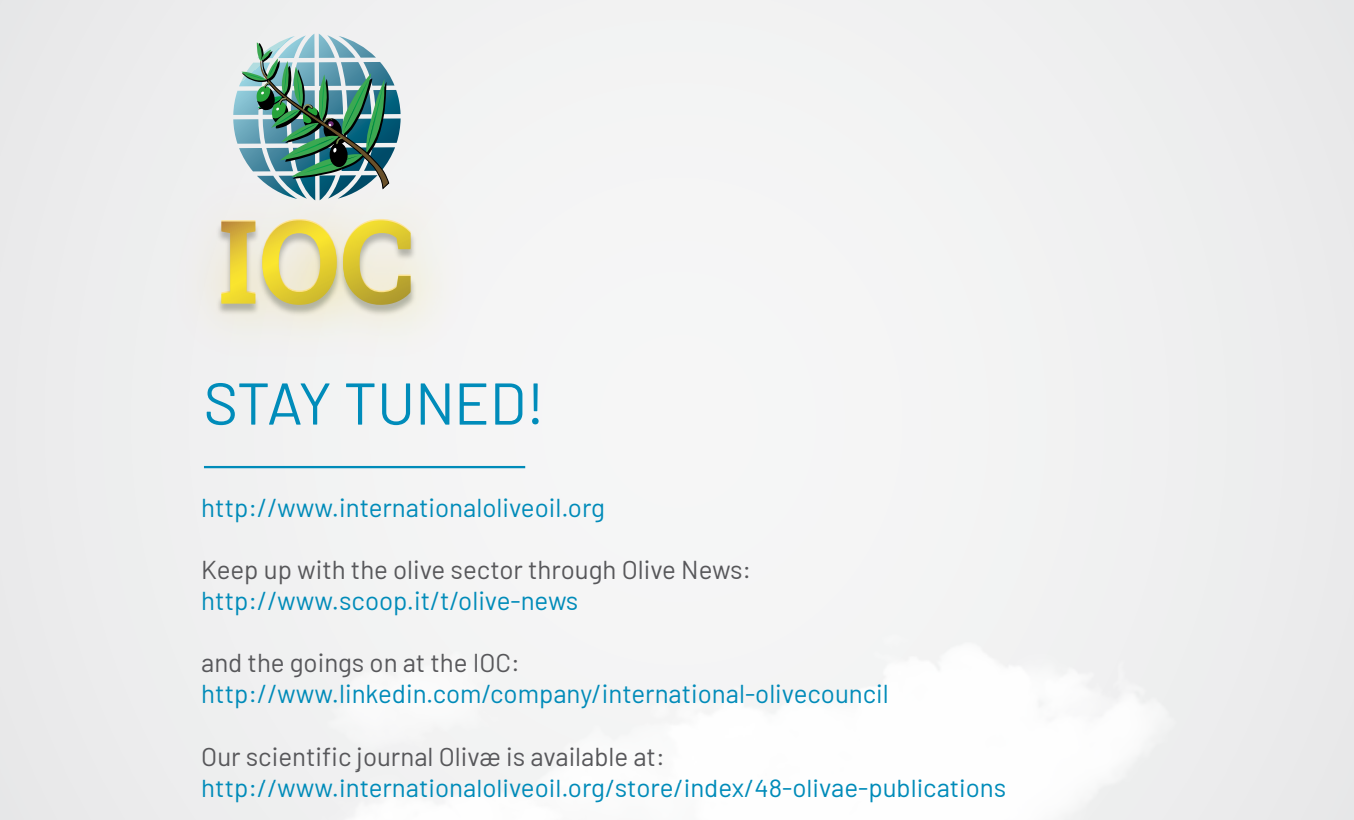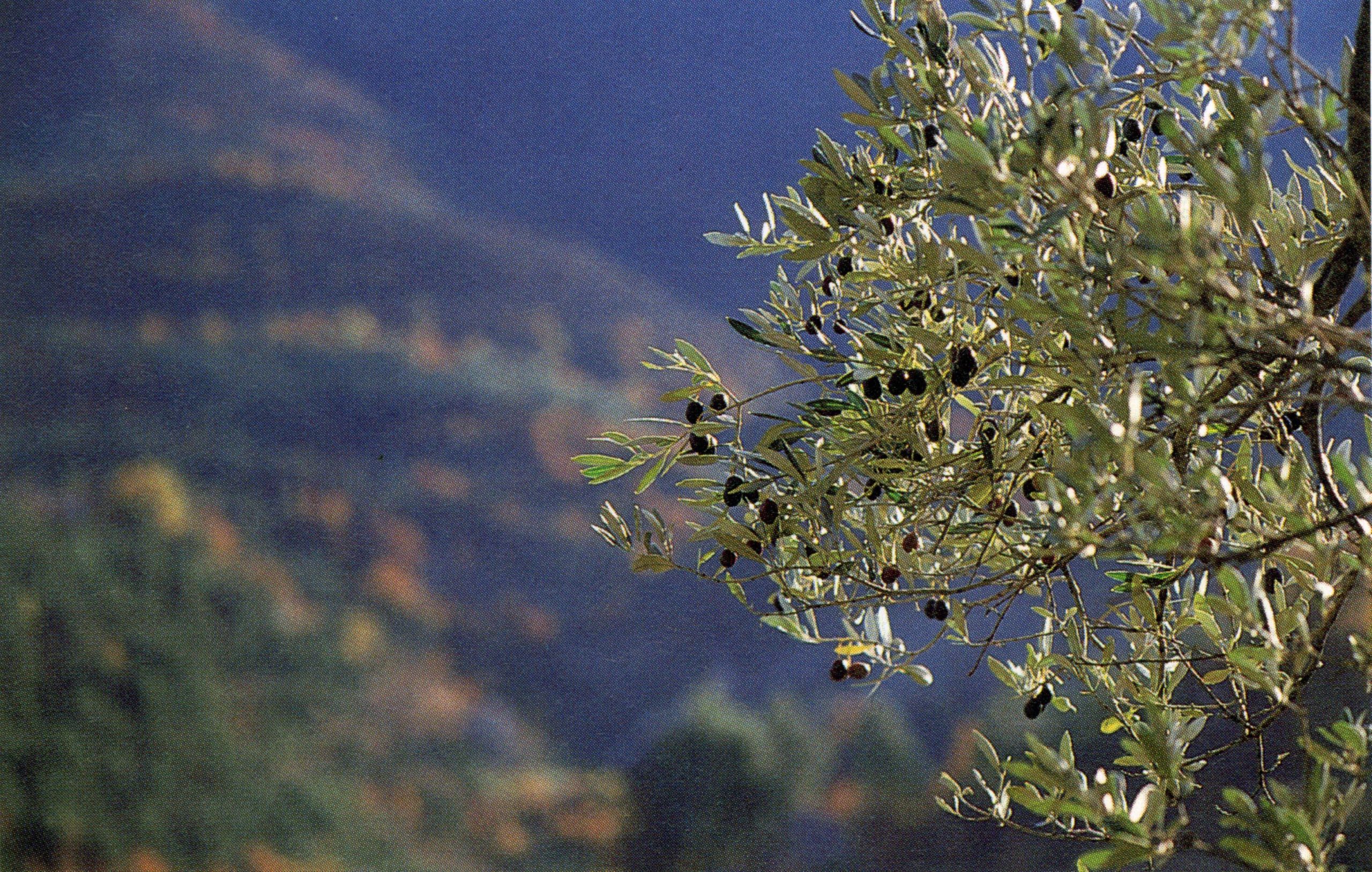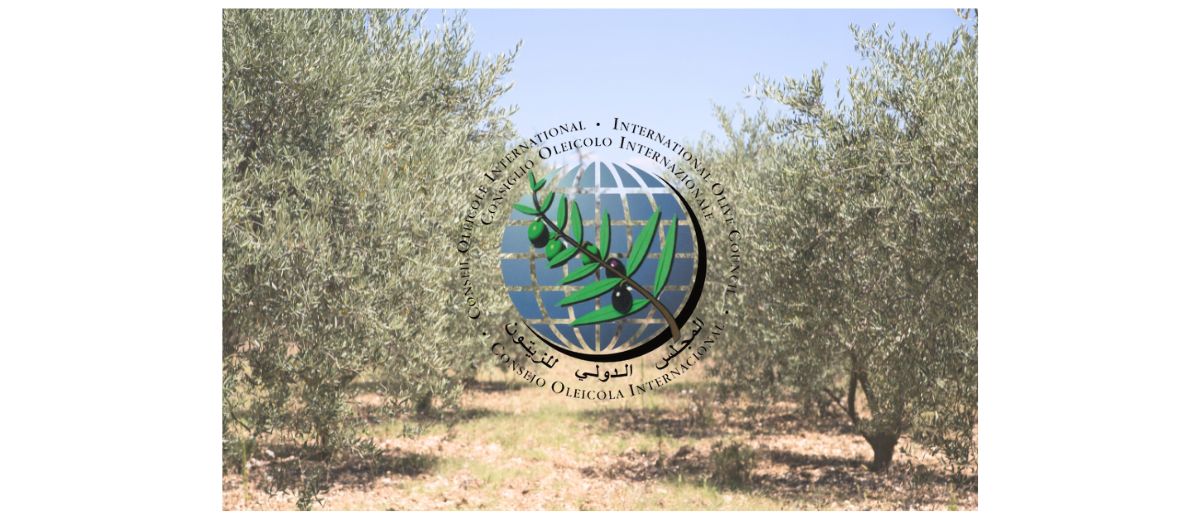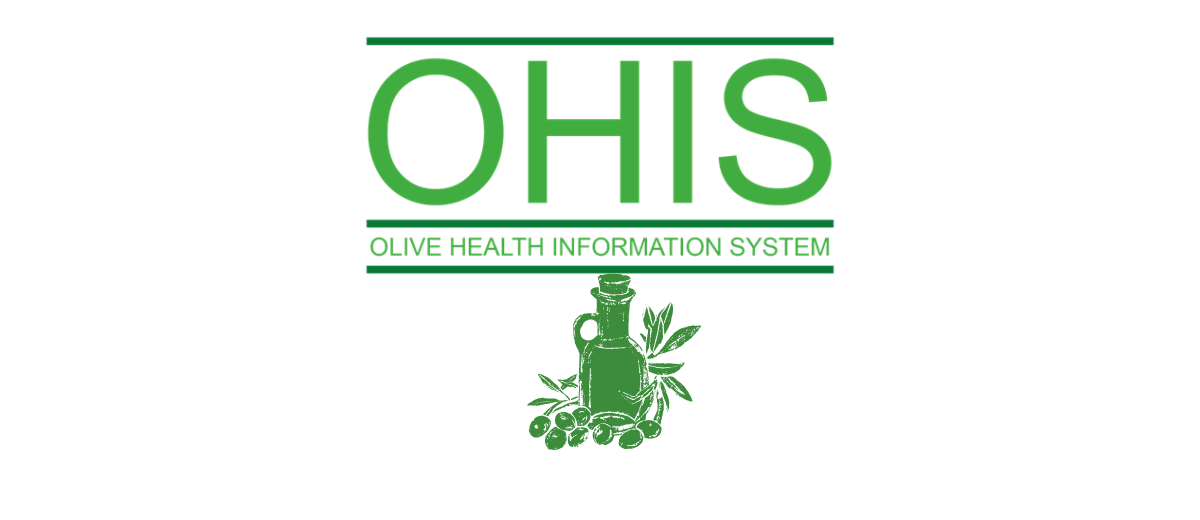Certification scheme for olive trees and rootstocks. Several virtual meetings have been held since November 2020 with the European and Mediterranean Plant Protection Organization (EPPO) and a designated expert working group to revise Standard PM4/17. This Standard describes the production of olive trees and rootstocks subject to sanitary certification. The first version was approved in 1996 and revised in 2005.
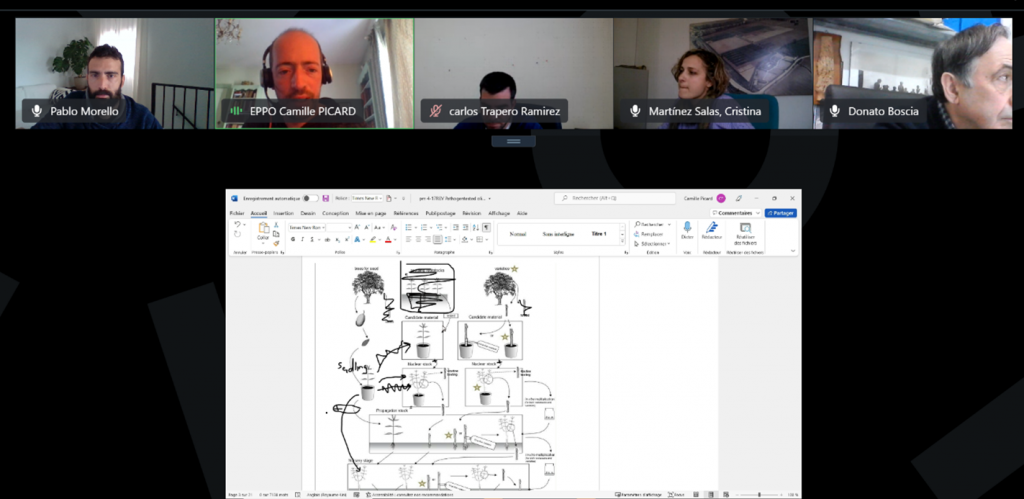
The expert working group actively exchanged views on the amendments to be made to the Standard. The group is composed of Mr D. Boscia (CNR, Italy), Mr F. Faggioli (CREA, IT), Ms R. Félix (UEVORA, PT), Ms C. Martinez (MAPAMA, ES), Mr P. Morello (IOC), Ms M. Saponari (CNR, IT), Mr C. Trapero (University of Cordoba, ES) and Ms C. Varveri (BPI, GR); it is coordinated by Mr C. Picard (EPPO) and Ms F. Petter (EPPO). The group proposed the following changes:
- Addition of measures to address the risk posed by Xylella fastidiosa.
- Addition of plant testing for Verticillium dahliae.
- Addition of similar measures for Meloidogyne arenaria on incognita and M. javanica.
- Removal of the testing for Cucumber mosaic virus (CMV)
- Revision of the diagram on the production stages.
- Addition of new references.
- Revision on the appendices on diagnostics.
- Evaluation of the regulated non-quarantine pest (RNQP) status of pests included in the Standard.
The group also agreed that the only candidate nuclear stock should be tested for Strawberry latent ringspot virus (SLRSV), Arabis mosaic virus (ArMV) and Cherry leaf roll virus (CLRV) and that testing was not required for other stages.
Finally, Mr D. Boscia, Ms G. Bottalico (University of Bari, IT) and Mr M. Micheli (University of Perugia, IT) extensively revised Appendix 6 on the in vitro maintenance and multiplication of olive plants. The Standard was circulated to EPPO Member countries (see https://www.eppo.int/ABOUT_EPPO/eppo_members) in January for a formal consultation.
A last meeting took place on 8 March 2022 to review some of the comments received during the country consultation and propose amendments to answer the comments made.
The next steps will be a presentation at the EPPO Working Party on Phytosanitary Regulation in June 2022 and possible approval by the EPPO Council in September 2022. The new PM 4/17 is expected to be published at the end of 2022. It will provide recommendations for a sanitary certification for producing olive trees and rootstocks. The recommendation is addressed to EPPO member countries, but may also serve as a model for other countries.
The IOC endorses the EPPO scheme to reinforce and widely disseminate recommendations for the nursery industry in the olive plant-producing countries of the world.
